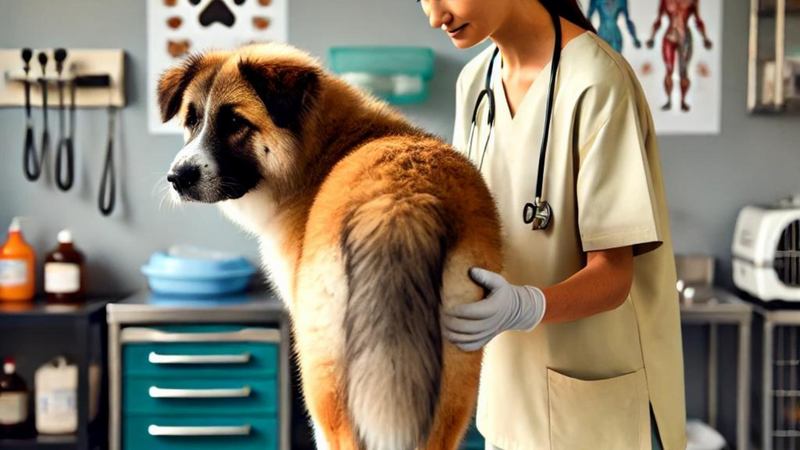
What happens if a dog's glands aren't expressed?
One often overlooked but essential aspect of your dog's health is their anal glands. These small glands can cause big problems if not properly managed. Let’s explore what happens if a dog's glands aren't expressed and how you can keep your pet comfortable and healthy.
Understanding Anal Glands
Dogs have two small anal glands located on either side of their rectum. These glands produce a smelly, oily secretion used for marking territory and communication. Normally, these glands are naturally expressed when your dog defecates. However, various factors can prevent this from happening, leading to several potential issues.
Problems Caused by Unexpressed Anal Glands
- Discomfort and Irritation
When the anal glands are not expressed, they can become overfilled, leading to discomfort and irritation for your dog. You might notice your dog scooting their rear end on the ground, licking or biting at their anus, or showing signs of general discomfort.
- Impaction
Impaction occurs when the anal glands become so full that the fluid inside thickens and can no longer be expressed naturally. This can cause significant discomfort and pain for your dog. Signs of impaction include frequent scooting, excessive licking, and a swollen or hard area near the anus.
- Infection
If the impacted glands are not addressed, they can become infected. An infection in the anal glands can lead to abscesses, which are pockets of pus that develop as a result of the infection. Infected anal glands are incredibly painful and may require medical treatment, including antibiotics and possibly surgical intervention.
- Abscess and Rupture
If an infection is left untreated, it can lead to an abscess that may eventually rupture. This is a severe and painful condition that often requires immediate veterinary care. A ruptured abscess can lead to further complications and a prolonged healing process.
Preventing Anal Gland Issues
Now that you understand the potential problems that can arise from unexpressed anal glands, let's look at how you can help prevent these issues.
- Regular Check-ups
Regular vet visits are crucial for your dog's overall health, including their anal glands. During routine check-ups, ask your vet to examine your dog's anal glands to ensure they are healthy and properly expressed.
- Dietary Adjustments
A high-fibre diet can help firm up your dog's stools, which can naturally express the anal glands during defecation. Talk to your vet about incorporating more fiber into your dog's diet, whether through food or supplements.
- Exercise
Regular exercise helps maintain your dog’s digestive health, which can, in turn, help with the natural expression of anal glands. Ensure your dog gets plenty of physical activity to keep their digestive system functioning smoothly.
- Professional Grooming
Many professional groomers offer anal gland expression as part of their services. Regular grooming sessions can help keep your dog's anal glands in check, especially if your dog is prone to issues.
Understanding the importance of anal gland health and taking proactive steps can help prevent discomfort and serious health problems for your dog. Regular vet visits, a balanced diet, exercise, and professional grooming are key to maintaining healthy anal glands. By staying vigilant and informed, you can ensure your furry friend stays happy, healthy, and comfortable.
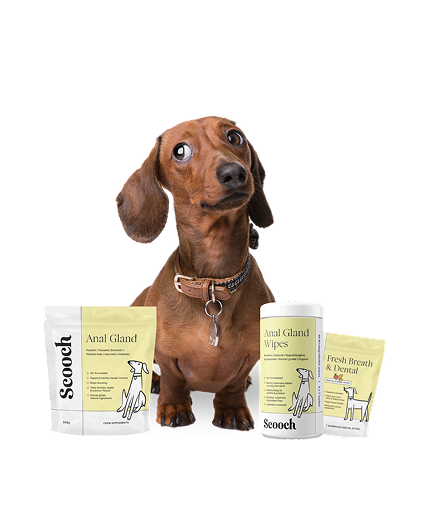
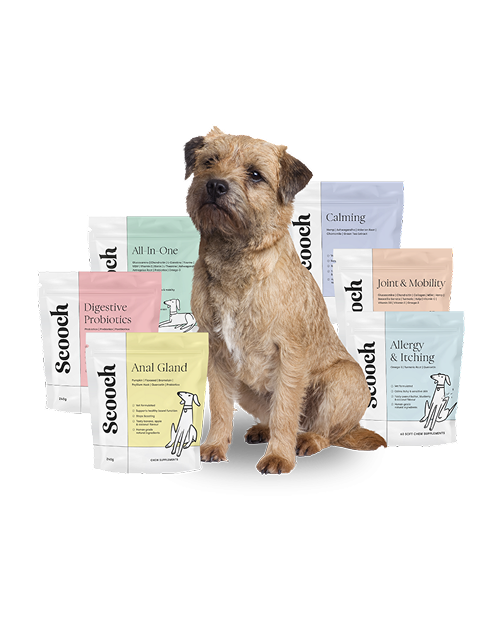
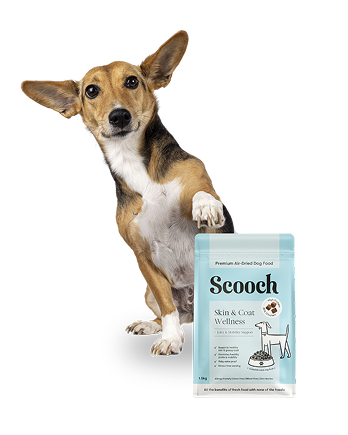
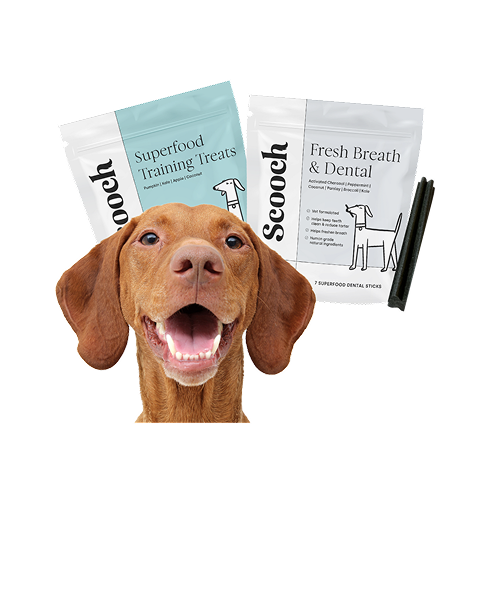
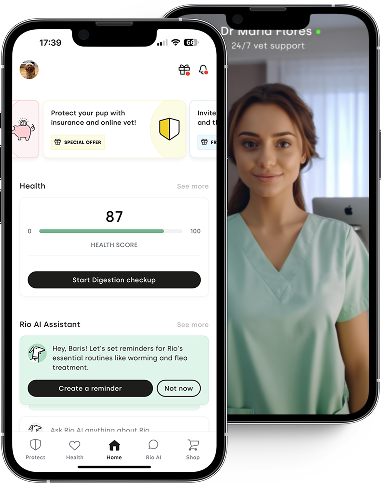 Scooch health
Scooch health